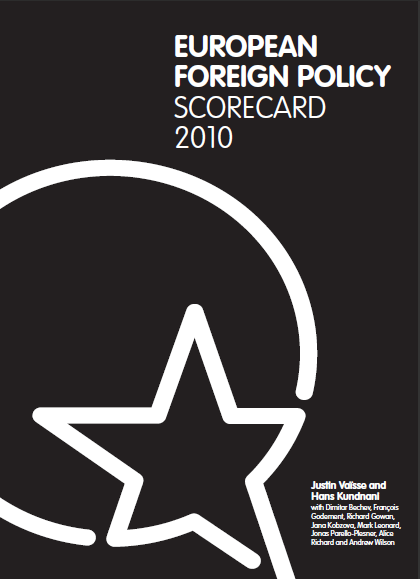Asia
China Analysis: China’s missing energy debate
China’s plans for renewable energy and a nuclear-powered future
China’s Janus-faced response to the Arab revolutions
China’s zigzagging after the Arab revolutions is Europe’s opportunity
The president goes to China
EU-China relations are maturing, and this is allowing a more frank and pragmatic approach to negotiations. The red carpet treatment for Herman Van Rompuy when he visited Beijing recently is testimony to this.
China Analysis: China debates its global strategy
The debate over whether Beijing’s leaders have become too bold

European Foreign Policy Scorecard 2010
The 1st edition of the European Foreign Policy Scorecard
